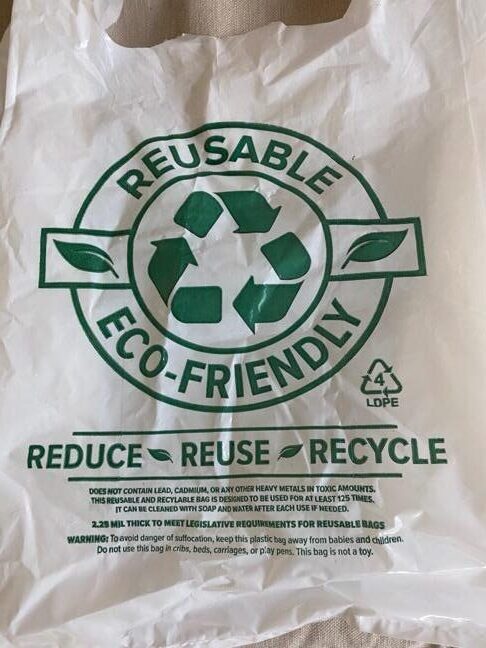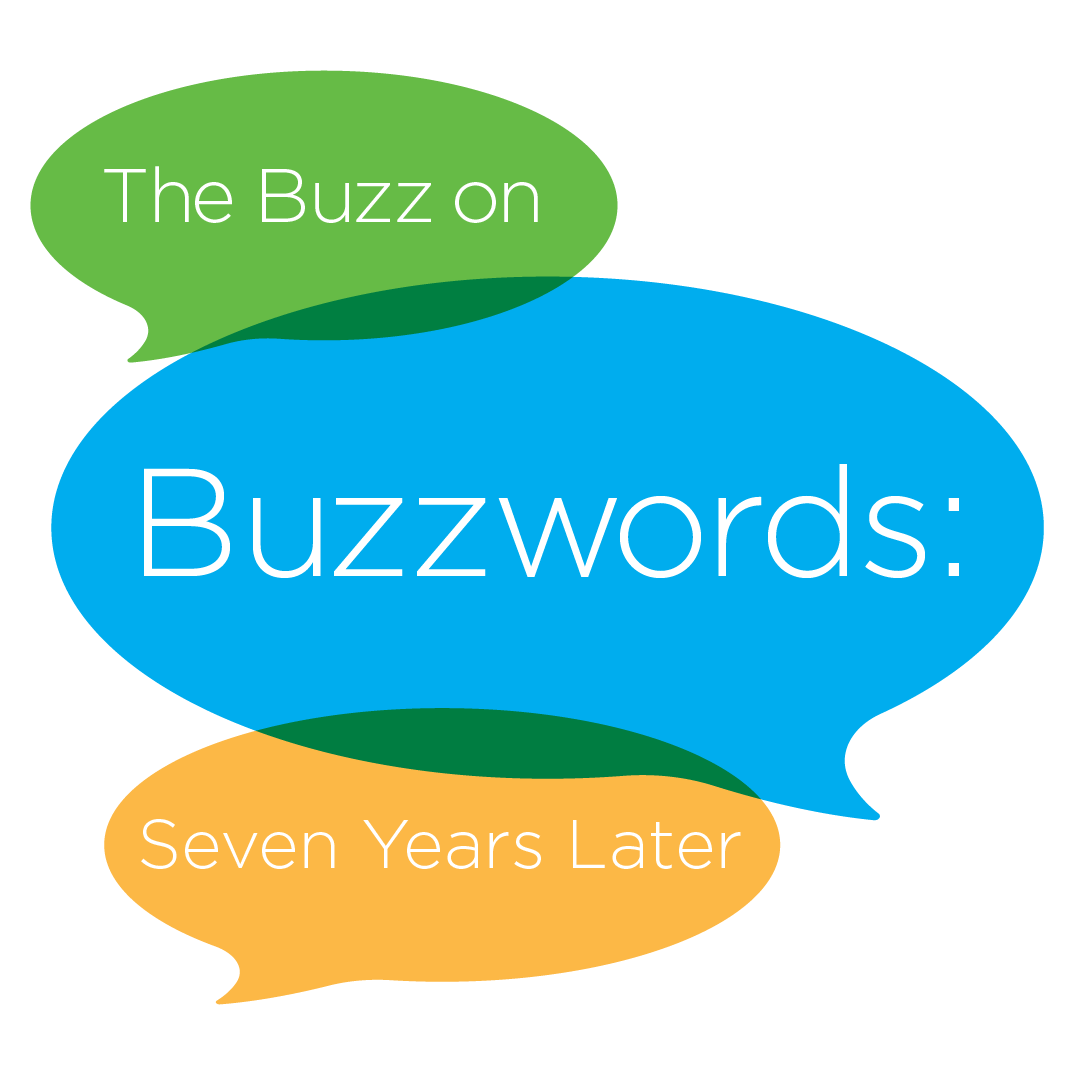Three reasons to comment on the FTC Green Guides while you still can
Shelton Stat of the Week
45% of Americans agree that buying/using eco-friendly products is an important part of their personal image.
— Eco Pulse®, 2022
If you work in sustainability marketing and communications, you likely already know this: the Federal Trade Commission (FTC) Green Guides are out for public comment. I’m calling attention to this for three reasons:
- Thanks to the urging of a coalition of trade organizations and NGOs, the public comment period was extended to April 24, 2023.
- The last time the FTC revised the Green Guides was in 2012, after having been originally issued in 1992. That means we’ll likely need to live with and work with the next iteration for another 10 years. So, it’s incumbent on all of us who use the guides to provide feedback in order to make life easier for ourselves!
- It’s pretty easy to provide comments. You can find the questions/feedback the FTC is soliciting and make comments here.
As I write this, just over 500 comments have been posted. While that sounds like a lot, it actually seems low to me. According to our latest surveying, 45% of Americans want to be seen as someone who buys eco-friendly products. So, every consumer products company already is or should be making claims that jockey for that recognition by a consumer. And every one of those companies, their trade organizations and their marketing agencies should be commenting on the guard rails that will govern those claims.
Here are a few things to note regarding the Green Guides and the request for public comment:
- Those of us creating claims around sustainability are governed by the FTC Green Guides. They are the bible on what’s OK to claim (and what’s not) related to sustainable product features. I can’t count the number of times we have referenced them in our daily work at Shelton Group, and I can’t count the number of times we’ve been frustrated to find unclear, minimal or no guidance on claims that our clients want to/need to make. So having an update is terrific.
- The document published by the FTC is very specific in the guidance they’re looking for (though it’s OK to provide guidance on issues not specifically called out). And, rightly so, the FTC asks for “… any evidence that has become available since 2012 concerning consumer perception of environmental claims, including claims not currently covered by the Guides.” Thanks to our ongoing surveying of Americans, Shelton Group has a treasure trove of consumer perception information, so we will indeed be submitting our latest findings and our interpretation of them.
- The specific claims the FTC asks for feedback on is telling. Of the 12 types of claims called out for feedback, five are related to recyclability or recycled content. As I’ve pointed out a lot lately, for most consumers “eco-friendly = recycling.” So as consumers look to virtue signal their green-ness to their friends and family, they are looking first and foremost to claims of recycled content and recyclability – and all the brands in the world know that. So, we absolutely need clarity and guidance to cut down on the hefty amount of greenwashing happening related to recycling claims. My favorite example of what we at Shelton Group consider to be pure greenwashing, handed to me on a family beach vacation, is below. Can you spot what we think makes it greenwashing?
(I’ll wait a minute while you consider the question!)

It’s two things:
- Just because something is reusable, you can’t call it eco-friendly. Whether or not any product is eco-friendly is determined largely by how it’s made –the environmental footprint of the materials, the manufacturing and the transportation involved in the making of the product – as well as how it’s managed at end of life. Bottom line: you can’t call something eco-friendly just because it’s recyclable…
- …and this bag largely isn’t recyclable. The presence of the chasing arrows would lead a reasonable consumer – the litmus test of the FTC – to presume it’s recyclable, and that they could put it in their home recycling bin for curbside pickup or in any municipal recycling bin marked “plastics.” In fact, plastic bags are a menace in most recycling facilities, clogging up the equipment, as shown in this picture on the How2Recycle website. Technically, they can be recycled, but typically via store drop-off. Thus, expect in the next iteration of the Green Guides that we’ll see a lot more clarity around how claims (like the 4 with the chasing arrows on the bag above) need to be communicated.

And expect that we’ll see a lot more enforcement. In the note from the Chair of the FTC accompanying the call for comments, it’s pointed out that, “The Commission has a strong track record of suing companies for deceptive environmental claims” and goes on to specifically point to multi-million-dollar settlements with WalMart®, Kohl’s® and others. As green claims – and greenwashing – become even more ubiquitous, expect to see the FTC lean into the Green Guides and go after companies that flagrantly violate the guidance.
And that’s why it’s important to weigh in before the comment period is over. It’s a classic case of be at the table or be on the menu.

— Clark Hill
Recent litigation shows that the FTC Green Guides are being enforced with more fervor. This Clark Hill piece discusses the history of the FTC Green Guides and the EU equivalent and provides next steps for companies as these proposals are updated.

— Packaging World
The FTC Green Guides are designed to help companies transparently communicate their sustainability claims to consumers and other businesses, but that can be difficult when there isn’t even clarity on the term “sustainability.” This Packaging World article discusses how to properly use the FTC Green Guides and past problems that will hopefully be addressed in the new version.
Buzz On Buzzwords
Find out what Americans think about sustainability, what different “green” words mean to them and how they interpret and respond to the jargon you may be using.


-
-
-
-
-
-
-
-
TAGS:Corporate Sustainability, Energy & Environmental Marketing